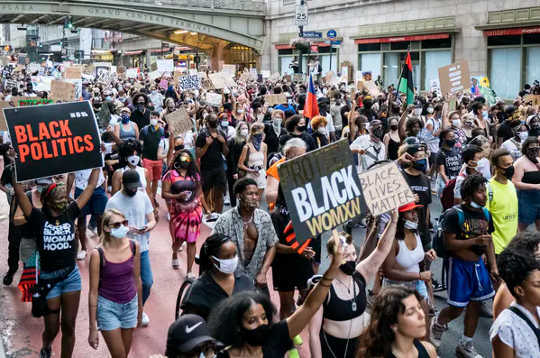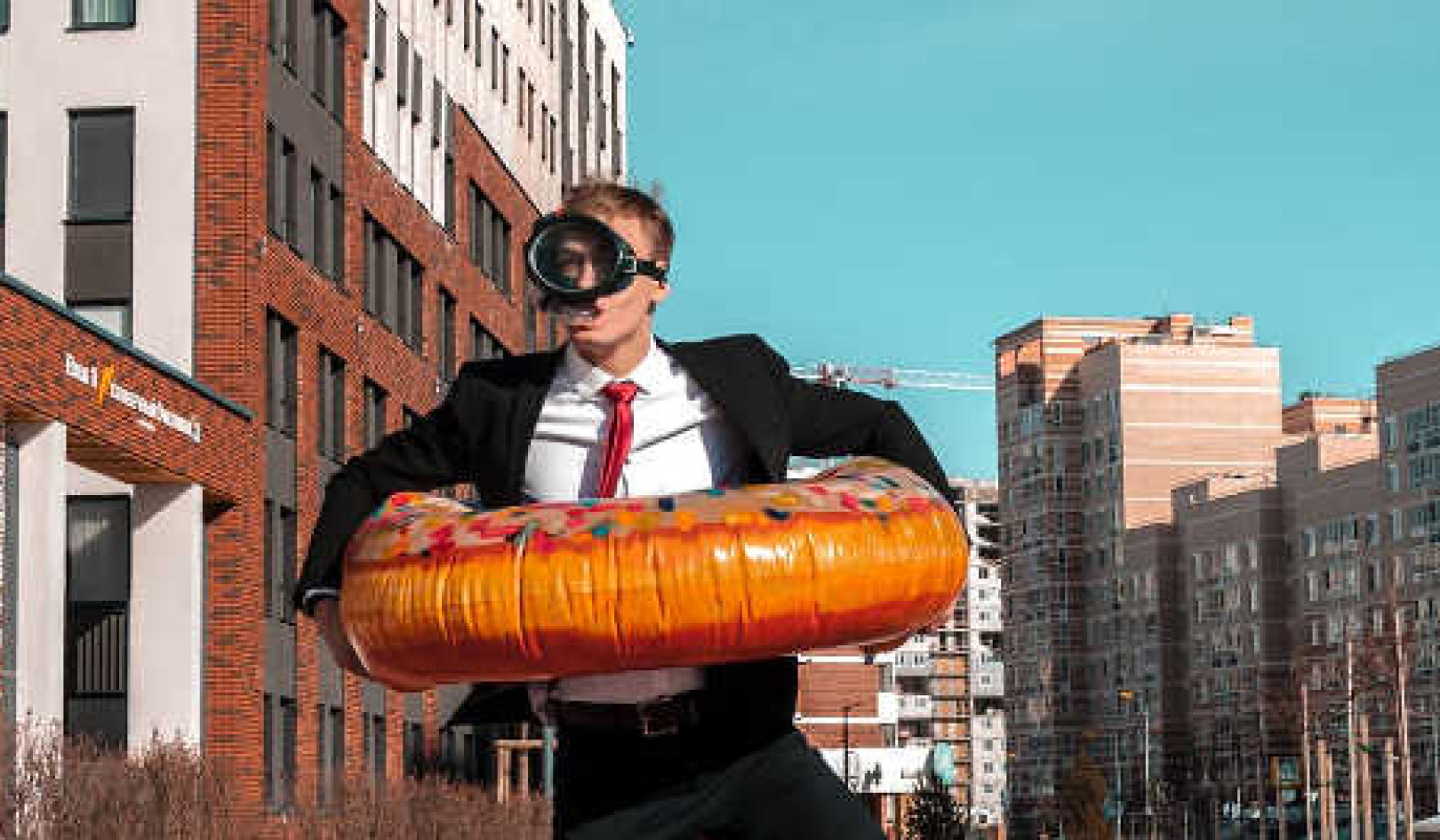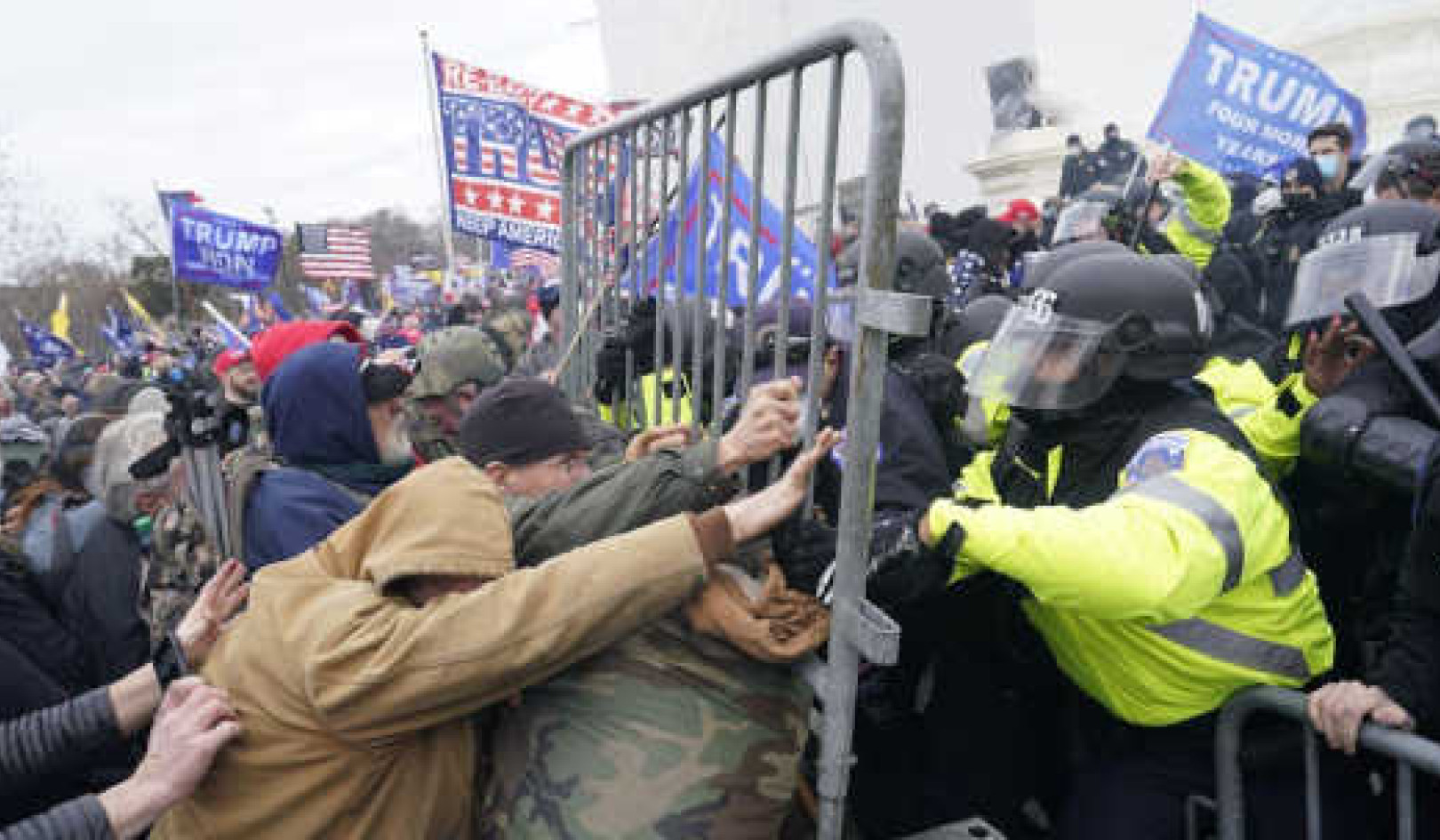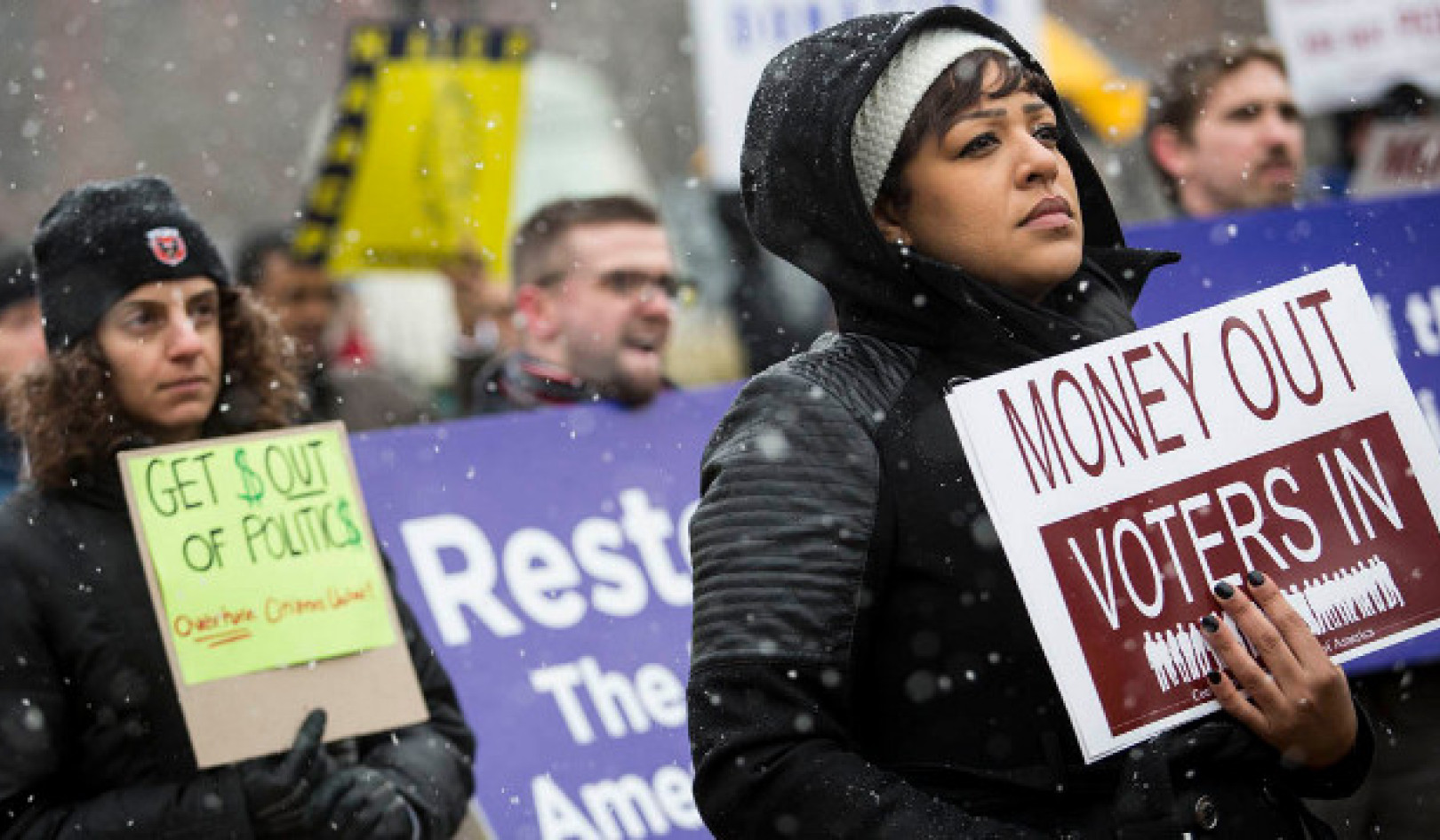
These people are protesting because they are tired, because they are worn out, because they are exhausted by violence against themselves and their communities. Ira L. Black/Corbis via Getty Images
Protesters remain on the streets demanding equality and justice for Black Americans. What they’re feeling, I believe, is something I call “intolerance fatigue.”
As a race scholar, examining the history of social justice movements, the phrase is new, but the concept isn’t.
In 1962, during the civil rights movement, activist Fannie Lou Hamer sought to register to vote in her home state of Mississippi. When she was allowed to address the Democratic National Convention in 1964, Hamer told how she and her fellow activists were shot at, fined, arrested and brutally beaten in jail simply for trying “to register to become first-class citizens.”
{vembed Y=07PwNVCZCcY}
Fannie Lou Hamer’s powerful testimony at the 1964 Democratic National Convention.
She spoke for millions in another speech that year, in which she declared she was “sick and tired of being sick and tired.”
This exhaustion is not the sort that lays people out on their beds and couches, unable to move. Rather, it’s a frustration and anger about systemic racism that drives people to act, to demand change and become part of creating the social change they want.
The civil rights movement was sparked in 1955 by the murder of Emmett Till – a Black 14-year-old from Chicago who was beaten, shot and drowned in a Mississippi river for allegedly offending a white woman in a store. In 1963, John Lewis, a young man who would become a civil rights icon and congressman, made a clear, and eloquent demand: “We do not want our freedom gradually, but we want to be free now!”
Similarly, the 2020 protests arose in the wake of George Floyd’s death in police custody in Minneapolis. Taking a stand against injustice, people again – still – are tired of being discriminated against, profiled and murdered because of the color of their skin.
Marchers are tired of intolerance, worn out by racism and refusing to be silent in the face of unjust treatment and inequality.
Just as their elders were, today’s protesters and those they support are “sick and tired of being sick and tired.”
About the Author
Bev-Freda Jackson, Adjunct Professorial Lecturer, American University School of Public Affairs
This article is republished from The Conversation under a Creative Commons license. Read the original article.

Related Books:
Atomic Habits: An Easy & Proven Way to Build Good Habits & Break Bad Ones
by James Clear
Atomic Habits provides practical advice for developing good habits and breaking bad ones, based on scientific research on behavior change.
Click for more info or to order
The Four Tendencies: The Indispensable Personality Profiles That Reveal How to Make Your Life Better (and Other People's Lives Better, Too)
by Gretchen Rubin
The Four Tendencies identifies four personality types and explains how understanding your own tendencies can help you improve your relationships, work habits, and overall happiness.
Click for more info or to order
Think Again: The Power of Knowing What You Don't Know
by Adam Grant
Think Again explores how people can change their minds and attitudes, and offers strategies for improving critical thinking and decision making.
Click for more info or to order
The Body Keeps the Score: Brain, Mind, and Body in the Healing of Trauma
by Bessel van der Kolk
The Body Keeps the Score discusses the connection between trauma and physical health, and offers insights into how trauma can be treated and healed.
Click for more info or to order
The Psychology of Money: Timeless lessons on wealth, greed, and happiness
by Morgan Housel
The Psychology of Money examines the ways in which our attitudes and behaviors around money can shape our financial success and overall well-being.





















